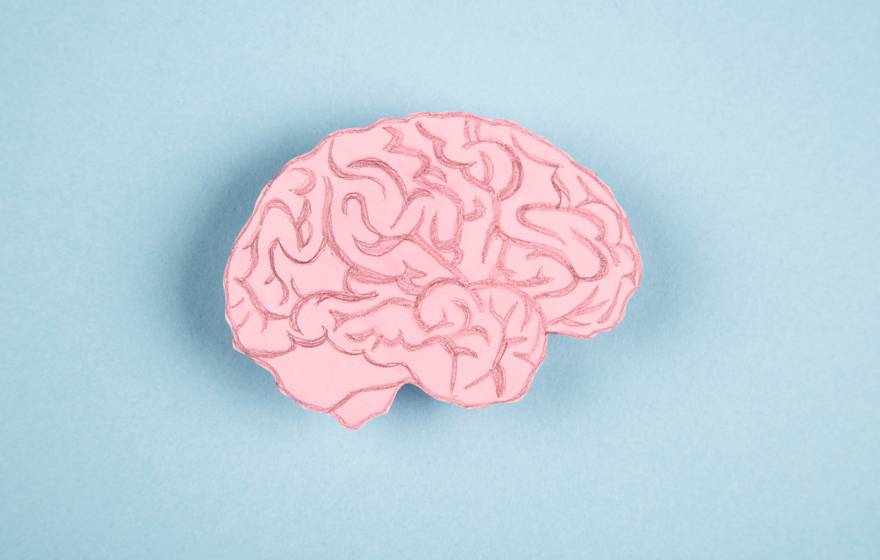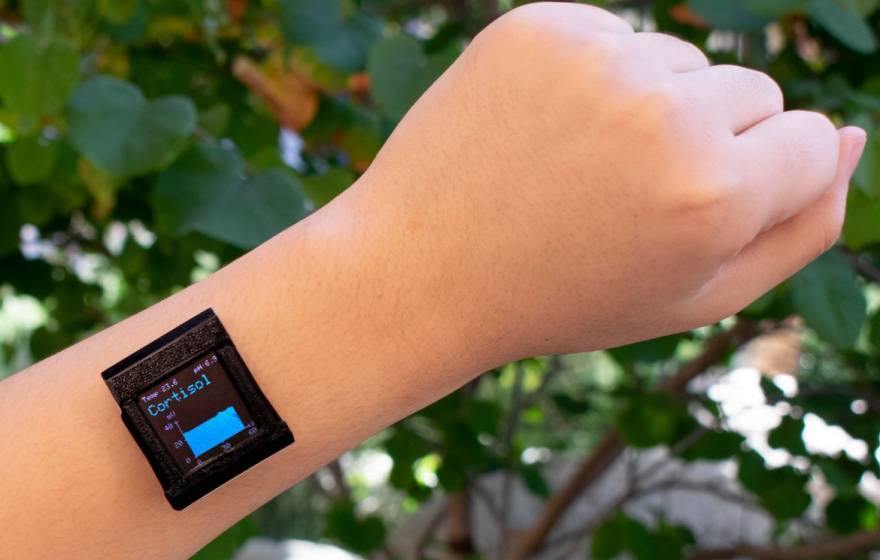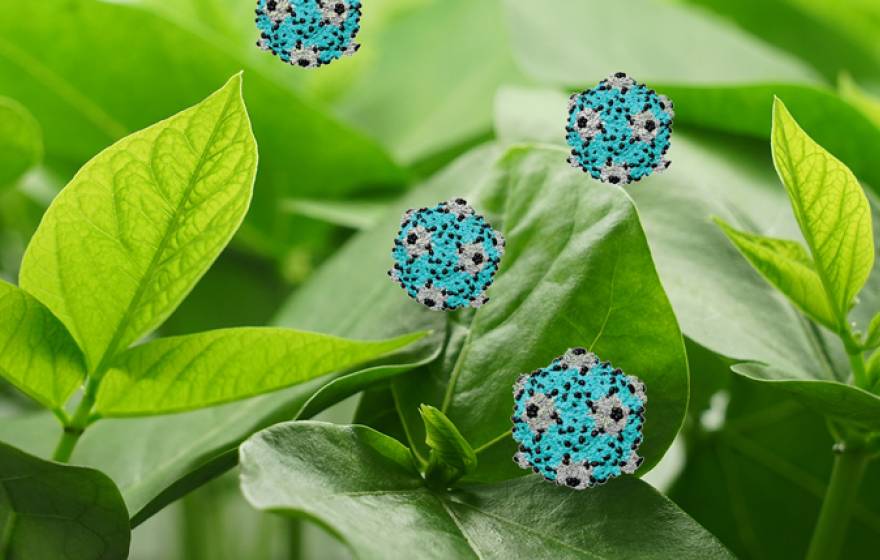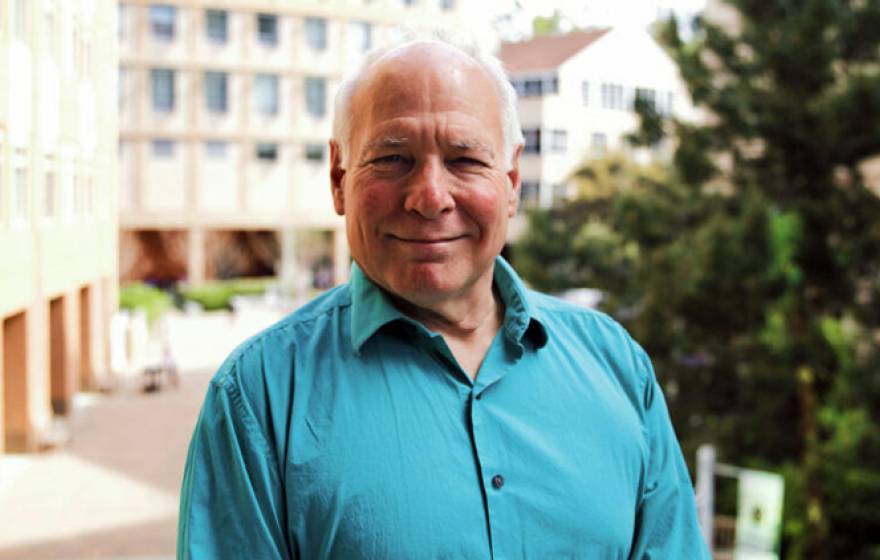Columbia and UC Santa Cruz |
A slow-motion section of the San Andreas Fault may not be so harmless after all
A study suggests that the central section of the San Andreas fault has hosted many major earthquakes.
UC Irvine |
Taking on depression
A $55 million gift will create one of the largest research centers in the country tackling the pervasive mental health issue.
UC San Diego |
The unique power of headphones to persuade
Headphones increase feelings of connectivity, empathy and engagement, reports a new study from UC San Diego, UCLA and UC Berkeley.
UC Santa Cruz |
How climate action planning misses equity opportunities in many California cities
A new study analyzed 170 climate action plans across California to find out how cities are incorporating equity into their efforts.
UCLA |
Sweating the small stuff: Smartwatch developed at UCLA measures key stress hormone
Device opens new possibilities for personal health monitoring.
UC Riverside |
Can the Salton Sea geothermal field prevent the coming lithium shortage?
UC Riverside and Berkeley Lab join exploration of California’s resources.
UC San Francisco |
UCSF dyslexia researchers develop tool to flag early reading challenges
A $10M state budget proposal would enable digital assessment in California schools.
UC Newsroom |
What’s the difference between Hispanic, Latino and Latinx?
On navigating identity, language and community from a scholarly and first-person perspective.
UC Santa Cruz |
Wild, wild life
Alum Sebastian Kennerknecht’s passion for animals drives him to use wildlife photography to fight for their survival.
UC San Diego |
How a plant virus could help stop cancers from reaching the lungs
A virus that grows in black-eyed pea plants could form the basis for a new therapy to treat metastatic cancers and established tumors.
UCSF |
The Kidney Project successfully tests a prototype bioartificial kidney
Taking another big step toward becoming reality, Shuvo Roy's project is awarded KidneyX’s Artificial Kidney Prize.
UC Irvine |
The technologies that could solve California’s droughts
Policies, and especially attitudes toward water, will have to shift as climate change makes drought more severe, says urban planning professor David Feldman.











